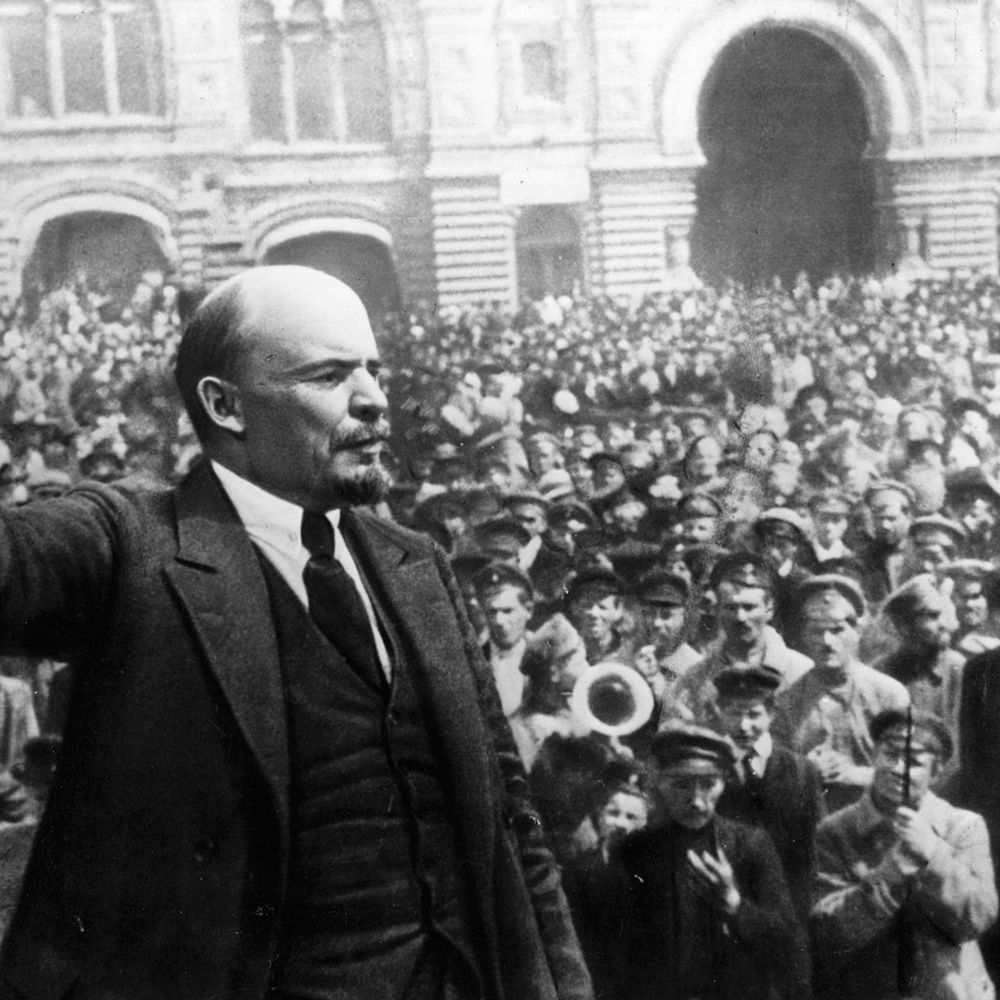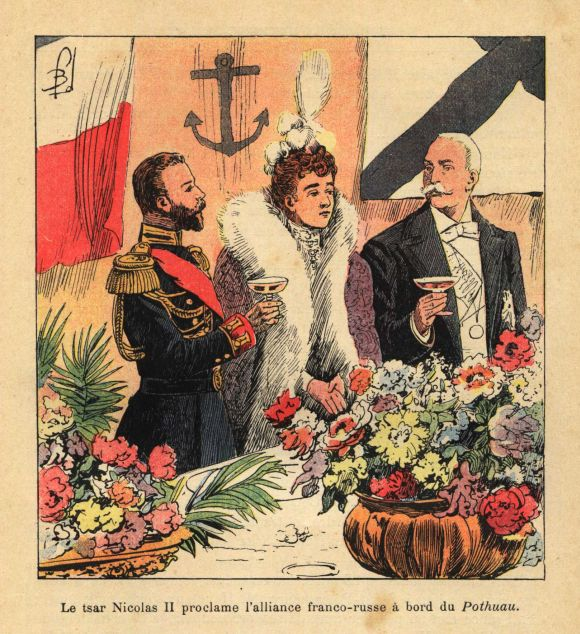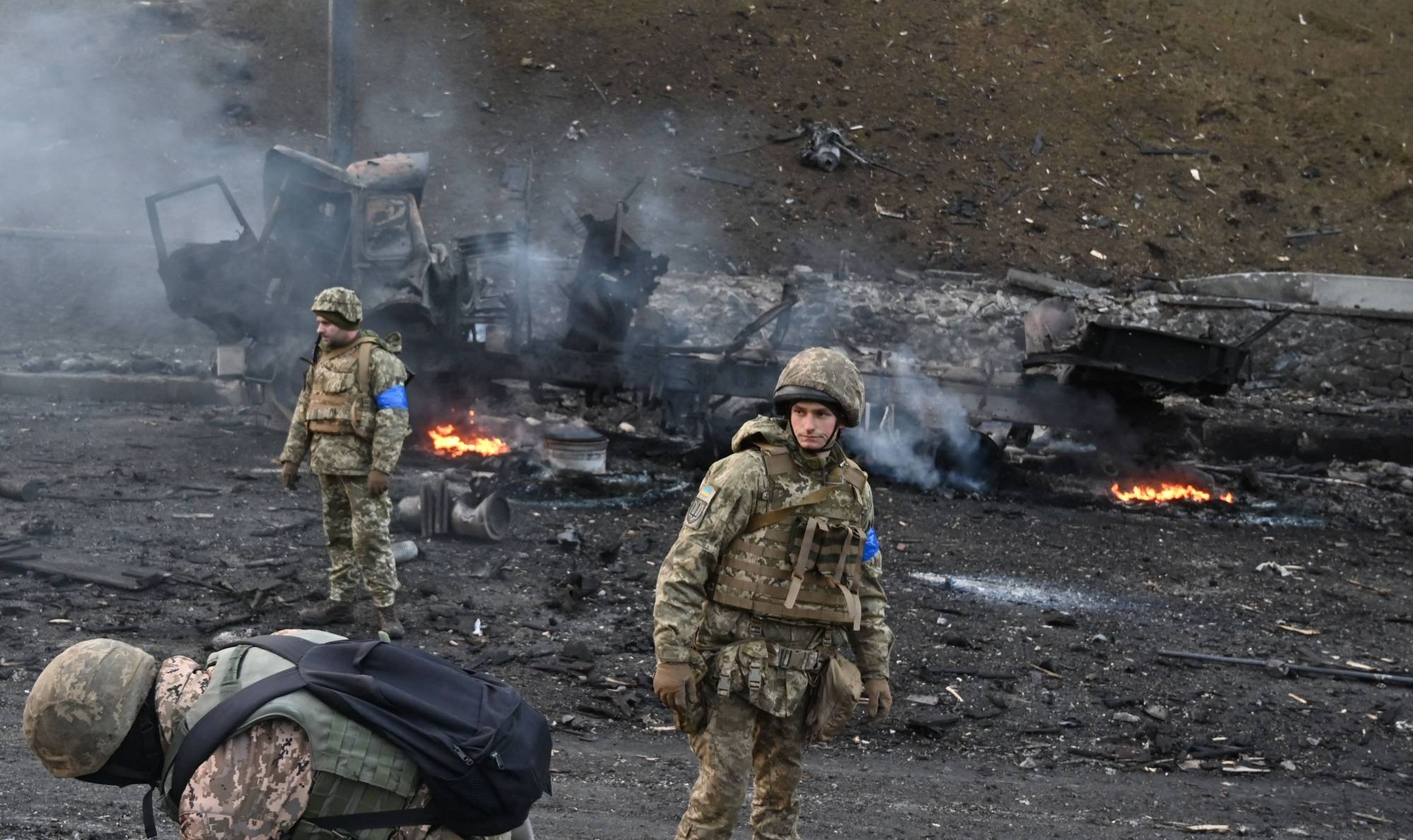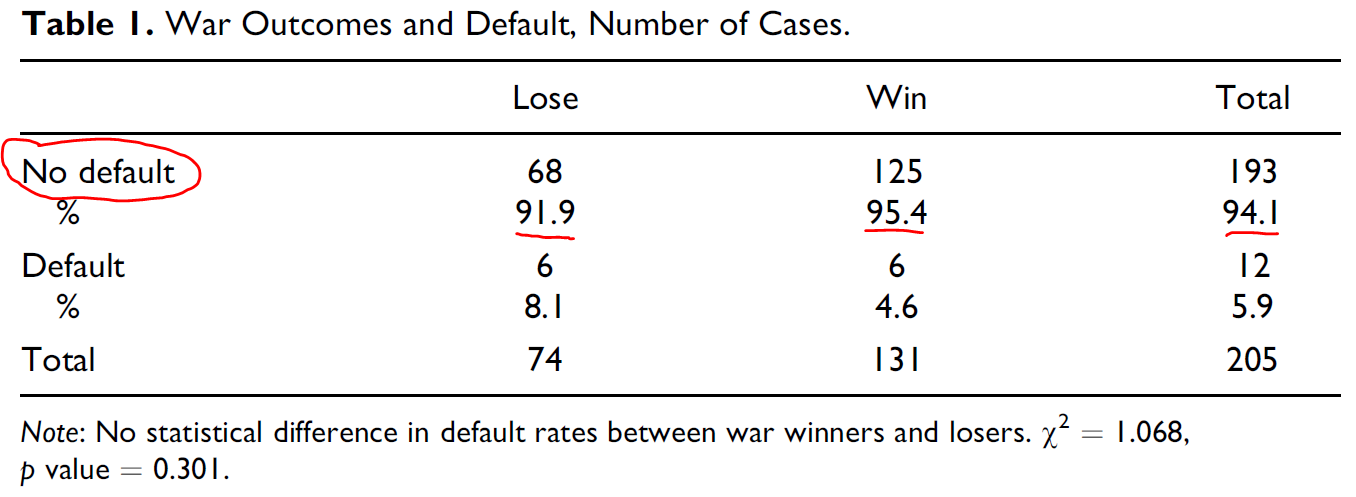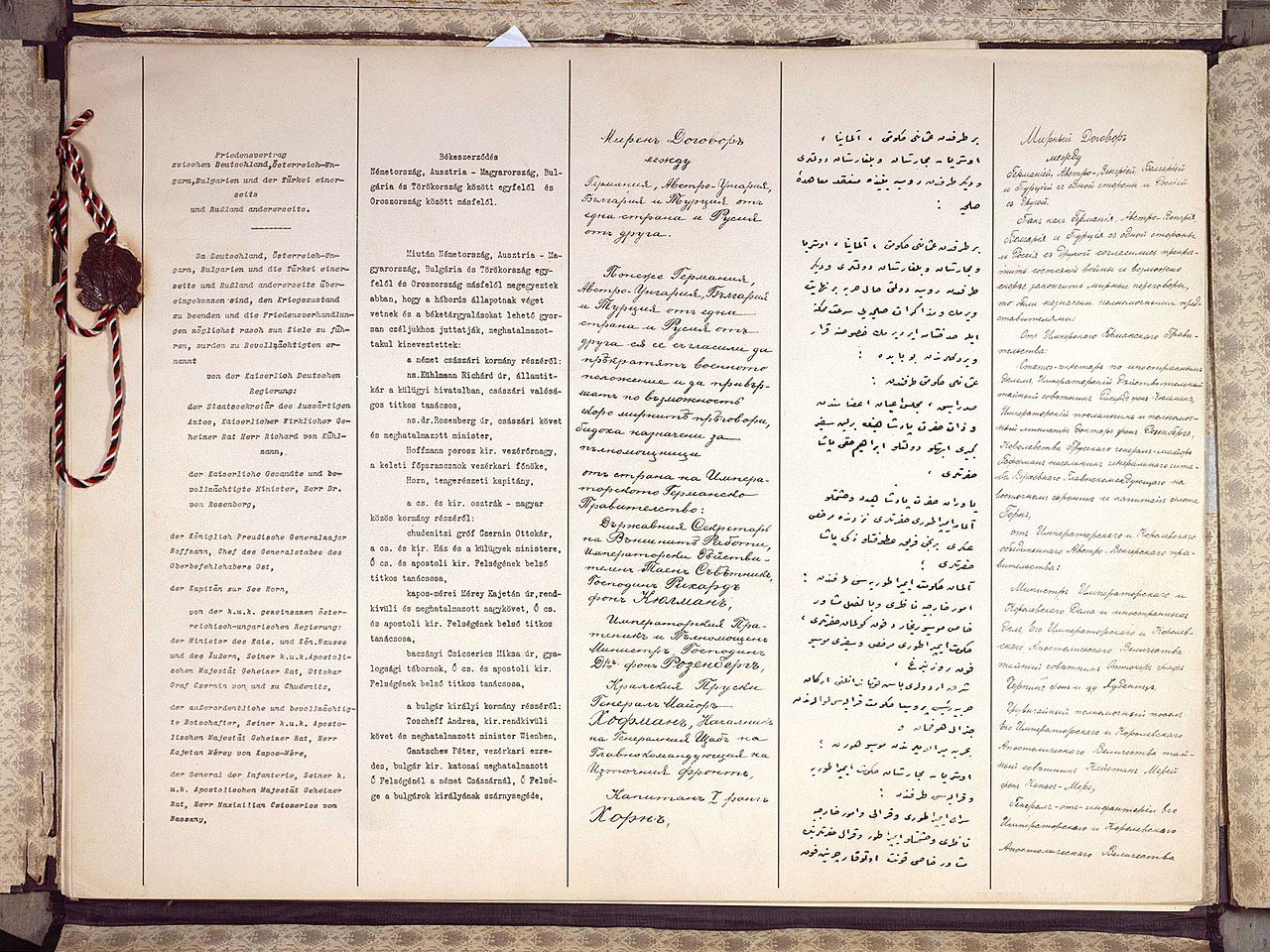Thread
Russia is about to default on its foreign debt.
That's a bit unusual, even for Russia. To see why, we need to go back to 1918.
[THREAD]
That's a bit unusual, even for Russia. To see why, we need to go back to 1918.
[THREAD]
To be clear, Russia in 2022 has not yet failed to make payments to foreign creditors.
www.cnn.com/2022/03/16/investing/russian-debt-payments/index.html
www.cnn.com/2022/03/16/investing/russian-debt-payments/index.html
But given the crushing economic sanctions, particularly on the financial side, it is likely just a matter of time.
www.npr.org/2022/03/03/1084177384/russia-credit-rating-ruble
www.npr.org/2022/03/03/1084177384/russia-credit-rating-ruble
When that happens, it will be Russia's third default, followed by a partial default in 1998 and a full default in 1918.
www.theguardian.com/commentisfree/2022/mar/17/major-economy-cant-pay-debt-dollars-russia-default
www.theguardian.com/commentisfree/2022/mar/17/major-economy-cant-pay-debt-dollars-russia-default
Let's talk about that 1918 default.
In two big respects, it is similar to the current situation.
In two big respects, it is similar to the current situation.
Second, the default punished "Western" investors, namely from France (Russia's pre-war ally, whose investors had lent most of the money).
But the 1918 default also shows how Russia defaulting in 2022 would be unusual.
The first way in which a 2022 default would be unusual is that it will take place DURING on ongoing war.
Most countries that enter war do not default on their debts, as @patrickshea_ps and I found in a paper published a few years ago.
journals.sagepub.com/doi/abs/10.1177/0022002717707239?journalCode=jcrb
journals.sagepub.com/doi/abs/10.1177/0022002717707239?journalCode=jcrb
We found that, win or lose, most countries that enter war continue to make their foreign debt payments.
But the relationship wasn't perfect: there were some countries (winners and losers) that defaulted. We dove into those cases.
In these cases, it was difficult to draw a direct line from the outcome of the war to the decision to default. There was correlation, but not causation.
The case that came closest to a direct connection was...Russia in 1918.
...and the combination of war and revolution decimated Russia's economy (see @mark4harrison's chapter in the 👇 book).
www.amazon.com/Economics-World-War-I/dp/0521107253
www.amazon.com/Economics-World-War-I/dp/0521107253
Once the Bolshevik's came to power, their leader, Vladimir Lenin, made the decision to repudiate Russia's foreign debt. As article 3 of the decree bluntly states: "All foreign loans without exception are unconditionally annulled."
Link: www.marxists.org/history/ussr/events/revolution/documents/1918/02/10.htm
Link: www.marxists.org/history/ussr/events/revolution/documents/1918/02/10.htm
But it's important to keep in mind that Lenin made the decision to default WHILE ALSO ending the war (see Treaty of Brest-Litovsk). They were coupled together.
The second way in which a 2022 default would be unusual is that it repudiates the CURRENT Russian regime (i.e. it's the ultimate self-own).
That's not what Lenin did, as @patrickshea_ps and I describe in this paper.
academic.oup.com/isq/article-abstract/64/2/406/5741596?redirectedFrom=fulltext
academic.oup.com/isq/article-abstract/64/2/406/5741596?redirectedFrom=fulltext
In 1918, Lenin defaulted on the "Tsarist debt". It was a way to dissociate the Bolshevik's from the previous regime.
Patrick and I found that this is not unusual.
When leaders come to power through "irregular means" (like a revolution), they often default on the foreign debt of the previous regime. It's a way to delegitimize the previous leadership.
When leaders come to power through "irregular means" (like a revolution), they often default on the foreign debt of the previous regime. It's a way to delegitimize the previous leadership.
In short, if Putin defaults on Russia's foreign debt, he will do so during war and will undermine his own regime.
For an ostensible student of Russian history, he apparently learned the wrong lessons.
[END]
For an ostensible student of Russian history, he apparently learned the wrong lessons.
[END]
Addendum 1: I you want to know more about the importance of foreign debt to financing war efforts, @rosellacappella & I have a chapter in the new edition of "What Do We Know About War" (edited by @sbmitche & John Vasquez)
www.amazon.com/What-Do-Know-about-War/dp/153814008X
www.amazon.com/What-Do-Know-about-War/dp/153814008X
Addendum 2: For further details on the Bolshevik default and its implications for international finance, see @HmalikH's recent book (h/t @boyd_vandijk).
www.amazon.com/dp/B07D52KWNQ/ref=dp-kindle-redirect?_encoding=UTF8&btkr=1
www.amazon.com/dp/B07D52KWNQ/ref=dp-kindle-redirect?_encoding=UTF8&btkr=1
